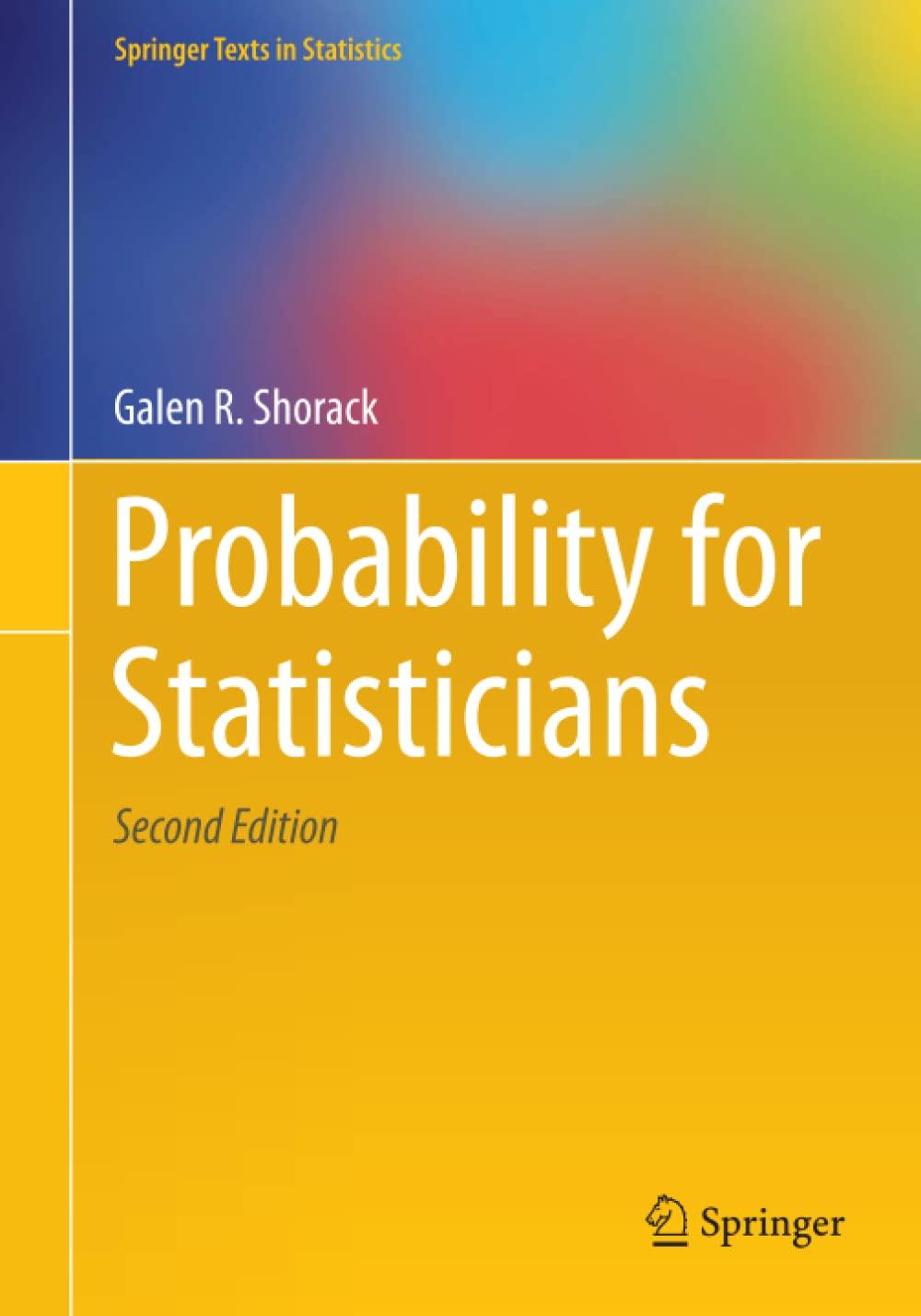This case, however, has a special and novel element. Petitioner minors assert that they represent their generation
Question:
This case, however, has a special and novel element. Petitioner minors assert that they represent their generation as well as generations yet unborn. We find no difficulty in ruling that they can, for themselves, for others of their generation and for the succeeding generations, file a class suit. Their personality to sue on behalf of the succeeding generations can only be based on the concept of intergenerational responsibility insofar as the right to a balanced and healthful ecology is concerned. Such a right, as hereinafter expounded, considers the “rhythm and harmony of nature.” Nature means the created world in its entirety. Such rhythm and harmony indispensably include, inter alia, the judicious disposition, utilization, management, renewal and conservation of the country’s forest, mineral, land, waters, fisheries, wildlife, off-shore areas and other natural resources to the end that their exploration, development and utilization be equitably accessible to the present as well as future generations. Needless to say, every generation has a responsibility to the next to preserve that rhythm and harmony for the full enjoyment of a balanced and healthful ecology. Put a little differently, the minors’ assertion of their right to a sound environment constitutes, at the same time, the performance of their obligation to ensure the protection of that right for the generations to come.
The Court explicitly states that petitioners have the locus standi necessary to sustain the bringing and, maintenance of this suit (Decision, pp. 11–12). Locus standi is not a function of petitioners’ claim that their suit is properly regarded as a class suit. I understand locus standi to refer to the legal interest which a plaintiff must have in the subject matter of the suit. Because of the very broadness of the concept of “class” here involved — membership in this “class” appears to embrace everyone living in the country whether now or in the future — it appears to me that everyone who may be expected to benefit from the course of action petitioners seek to require public respondents to take, is vested with the necessary locus standi. The Court has also declared that the complaint has alleged and focused upon “one specific fundamental legal right — the right to a balanced and healthful ecology” […] There is no question that “the right to a balanced and healthful ecology” is “fundamental” and that, accordingly, it has been “constitutionalized.”......
QUESTIONS:-
1. Is intergenerational equity a moral or legal principle?
2. Is the principle of intergenerational equity an effective tool of protection of the rights of future generations?
3. Should we protect the rights of future generations or be more concerned with the rights of present generations?
Step by Step Answer:






